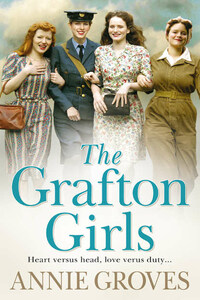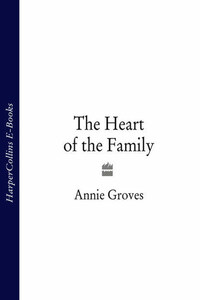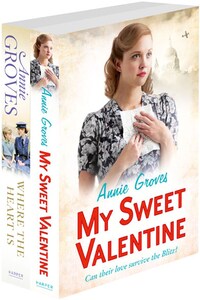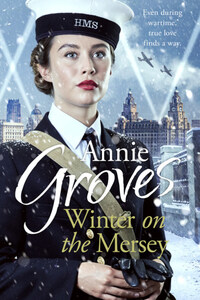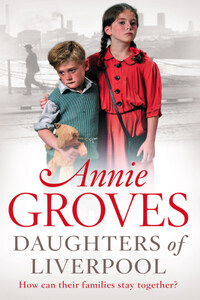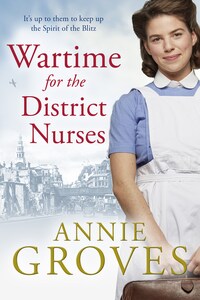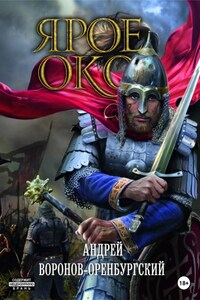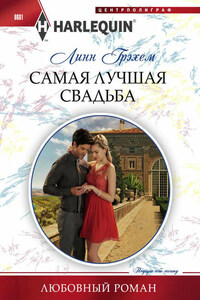This novel is entirely a work of fiction.
The names, characters and incidents portrayed in it are the work of the author’s imagination. Any resemblance to actual persons, living or dead, events or localities is entirely coincidental.
Published by HarperCollinsPublishers Ltd 1 London Bridge Street London SE1 9GF
www.harpercollins.co.uk
This paperback edition 2007
1
First published in Great Britain by HarperCollinsPublishers 2007
Copyright © Annie Groves 2007
Annie Groves asserts the moral right to be identified as the author of this work
A catalogue record for this book is available from the British Library
Set in Sabon by Palimpsest Book Production Limited, Grangemouth, Stirlingshire
All rights reserved. No part of this publication may be reproduced, stored in a retrieval system, or transmitted, in any form or by any means, electronic, mechanical, photocopying, recording or otherwise, without the prior permission of the publishers.
This book is sold subject to the condition that it shall not, by way of trade or otherwise, be lent, re-sold, hired out or otherwise circulated without the publisher’s prior consent in any form of binding or cover other than that in which it is published and without a similar condition including this condition being imposed on the subsequent purchaser.
Source ISBN-13: 9780007209675
Ebook Edition © September 2008 ISBN:9780007279517 Version: 2017-09-12
‘My station’s coming up next, and then it’ll be Lime Street, luv, tek it from me. Done this ruddy train journey that many times, I have, since this bloomin’ war began, I can tell the stops practically in me sleep. That is, of course, if a person could manage to get any sleep with the trains being that full and noisy. Not that I’m complaining, like, not about the overcrowding nor about all the place names being teken down from the stations so as to confuse any of Hitler’s spies wot manage to land. Aye, and if I were your age, I’d be in uniform too. WAAF isn’t it?’ Diane Wilson’s new-found friend said knowingly, referring to the Women’s Auxiliary Air Force, studying Diane’s airforce-blue-clad frame admiringly.
‘That’s right.’ Diane smiled politely enough to be pleasant but not so warmly that she would be encouraging the woman to ask her too many questions.
‘A right ’andsome lot them fly boys are. By, if I had me time again…’ the older woman chuckled.
Now it was harder for Diane to force a responsive smile. Automatically, and despite the fact that she was wearing gloves, she placed her right hand over the bare place on her ring finger. The pain she thought she had under control could sneak up on her to catch her unawares and stab her with such agonising sharpness. She ought to be over it by now. After all, it had been three months. Three months, two days and ten hours, an inner voice tormented her. Resolutely Diane ignored it. She had known other girls, any number of them, who had been stationed with her at Upwood, Cambridgeshire, who had gone from being desperately in love with one chap to clinging happily to the arm of another when they had lost him. So there was no reason why she shouldn’t be doing the same. Only she wouldn’t be clinging – not to any man – not ever again. There was no danger of her repeating that mistake. Sometimes, when she was at her lowest ebb, the horrid thought wouldn’t go away, the thought that it might have been easier to accept things if Kit had been killed instead of…
‘You’ll be heading for that Derby House, then, like as not?’ the woman leaned towards her to whisper, interrupting her reverie. ‘Saw Mr Churchill himself standing outside of it one morning, I did. Smiled at me, an’ all. Hitler might have ’is ruddy SS but just so long as we’ve got our Mr Churchill we’ll be sound, mark my words,’ she added stoutly.
She was a good sort, Diane recognised, a bit shabbily dressed, but then who wasn’t these days, with the war in its third year and new clothes only available if one had enough coupons with which to purchase them. Luckily she had joined the WAAF before clothing coupons had come in, and so she had not had to part with any of her own precious coupons in exchange for her obligatory WAAF uniform of black lace-up shoes, grey lisle stockings, which none of the girls wore during the summer months if they could help it, a skirt, a tunic, a peaked cap – which the girls loved as much as they hated the lisle stockings –an overcoat, which came in jolly useful in the winter, and even regulation underwear, with its horrid bubble-gum-pink ‘foundation garments’, although none of the girls wore these either if they could get away with wearing their own underwear instead.
